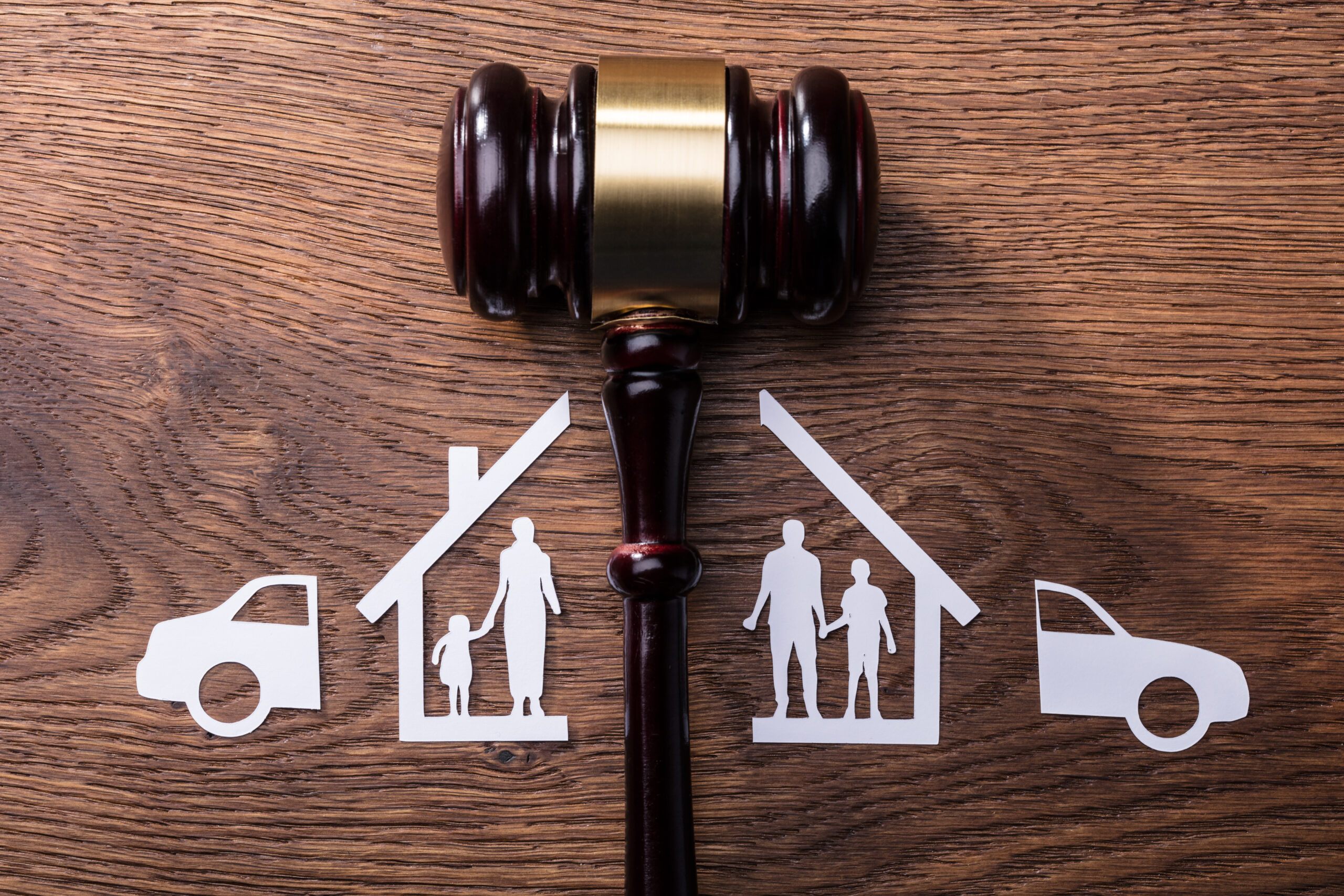
What is the difference between a legal separation and a divorce?
Many people often ask about obtaining a legal separation instead of a divorce. When people refer to themselves as being “separated” they are usually referring to a physical separation in which they are no longer living in the same house as their spouse. They may be contemplating or are ready to pursue a divorce. A legal separation is known as separate maintenance under Michigan law.
A separate maintenance action is a case between two married people in which they can divide property and debt, obtain a custody and/or parenting time order, obtain an order for child support and seek spousal support. A separate maintenance action provides for many of the same legal solutions as divorce; however, the parties still remain married at the end of the case. This is different than a divorce. When a divorce is granted, the parties are no longer legally married. Most often the reason for separate maintenance is for religious reasons; however, there can be other reasons as well.
Since separate maintenance actions and divorces are so similar, a separate maintenance action will require you to follow the same rules as you would to file for a divorce. First, the spouse who begins the action will need to prove to the court that there is a legal basis for the separate maintenance request. As Michigan is a no-fault state, it will not matter who is at fault for the breakdown of the marriage. You only need to establish that there has been a breakdown of the marriage relationship to the extent that the objects of matrimony have been destroyed and there remains no reasonable likelihood the marriage can be preserved. That means you believe there is no chance you or your spouse will be able to do anything further to save your marriage.
You will also need to meet the residency requirements of Michigan. This means that either you or your spouse have lived in Michigan for a minimum of 180 days and in the county where the complaint is filed for at least 10 days immediately before beginning the action. For example, if you have lived in Michigan for at least 180 days and you and your spouse have lived in Macomb County for the last 10 days, you would file your case in Macomb County and not Wayne, Oakland, or Genesee County. If you have lived in Michigan for at least 180 days and you have lived in St. Clair County for at least 10 days but your spouse has lived in Sanilac County, you could file in St. Clair County or Sanilac County. You may also file your action in the State of Michigan even if your spouse does not live in Michigan, as long as you have lived in Michigan for a minimum of 180 days.
It is important to know that if you file a separate maintenance action your spouse does have the ability to file a counter-complaint and ask the court to grant a divorce instead of proceeding with the case as a separate maintenance action, even if you do not want a divorce. You can also choose to begin your action by filing for separate maintenance but later change your case to a divorce by filing an amended complaint for divorce. In either situation, the waiting period for an action without children is 60 days and for an action in which the parties do have minor children the waiting period is 6 months. Changing your case from a separate maintenance action to a divorce action would not cause the waiting period to start over.
At the conclusion of your separate maintenance action, you will be granted a judgment just as you would in a divorce action. This judgment will state all the terms and conditions you and your spouse will have to abide by and are enforceable by the court. You will still have the ability to obtain a divorce at a later time if you decide you would like to be divorced; however, you will have to begin a new separate case for divorce with the court. During the time the divorce action is open with the court you and your spouse will still need to follow the terms of your separation agreement until a judgment of divorce is granted.
If you are interested in discussing a separate maintenance action or would like more information on obtaining a divorce you can contact our office to schedule a free consultation by telephone at (586) 991-3100 or by completing the contact form here.
